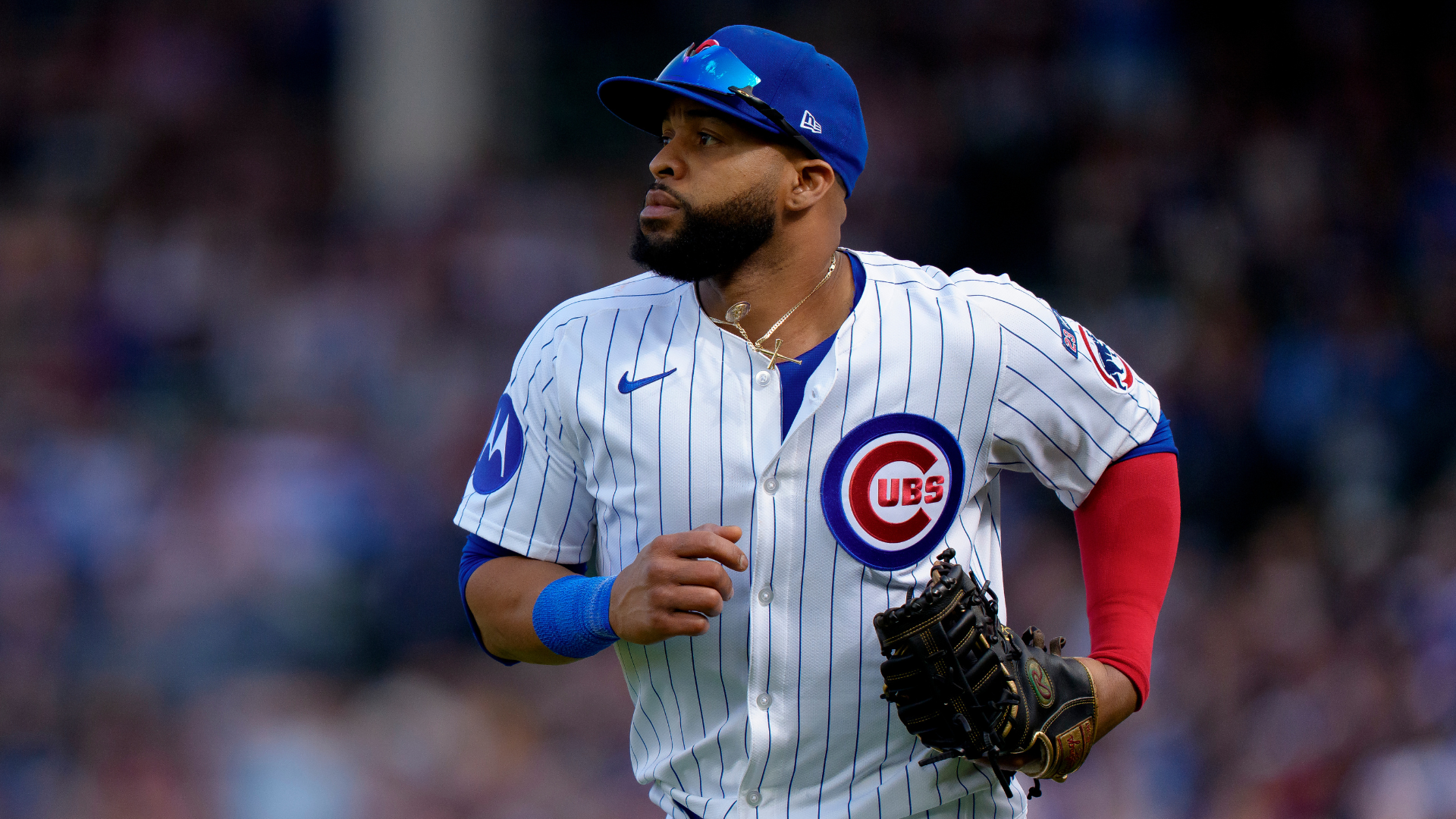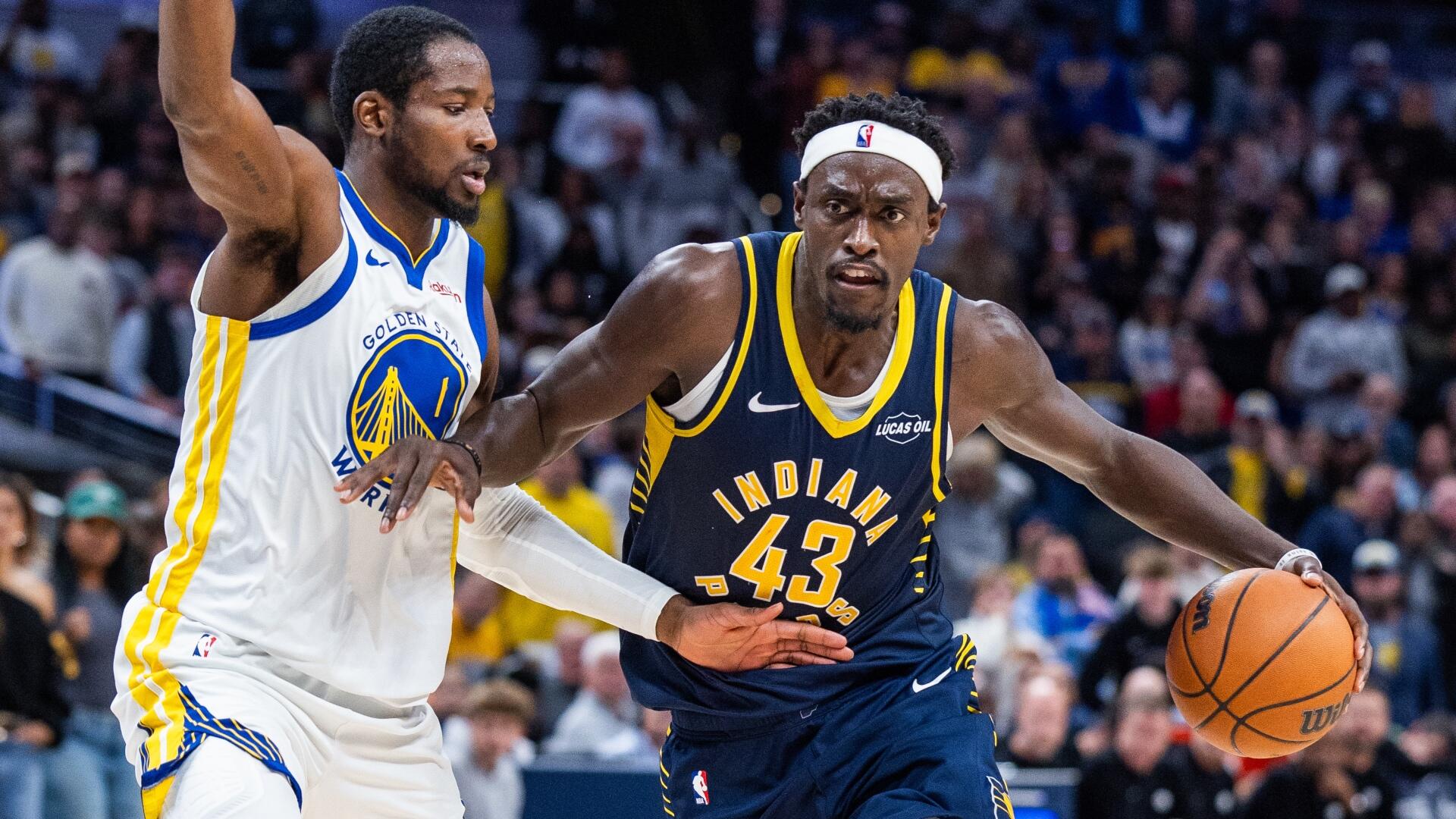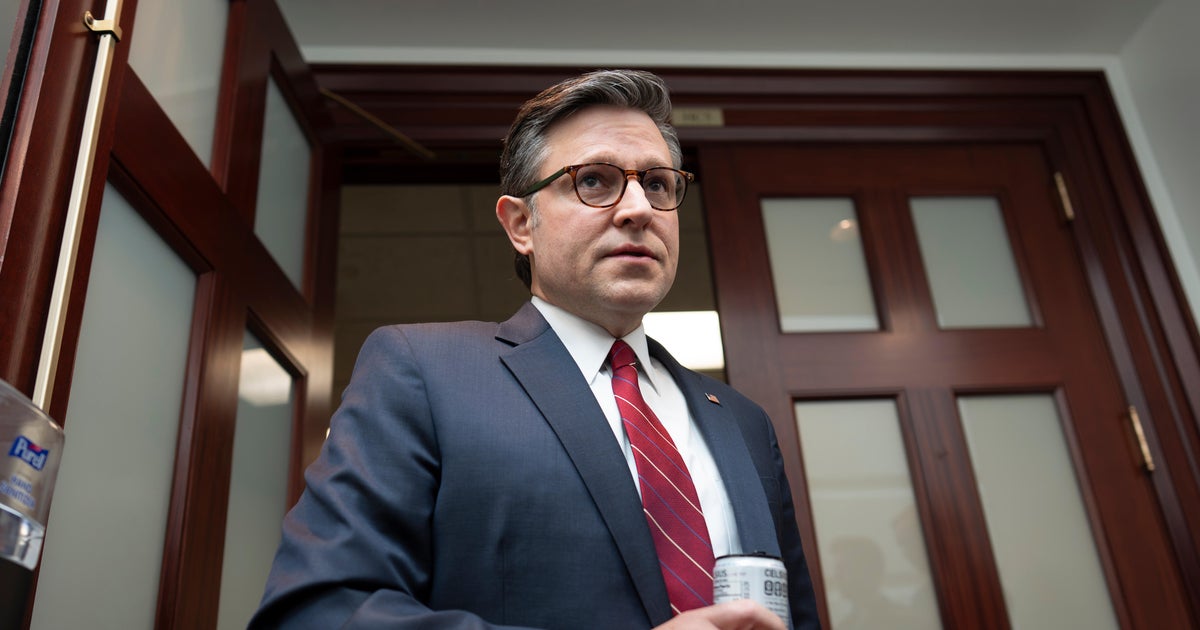
Robert F. Kennedy Jr. claimed that the agency, Gavi, had “ignored the science” in immunizing children around the world.

The U.S. health secretary, Robert F. Kennedy Jr., who has moved to undermine public immunization programs in the United States, took his efforts global on Wednesday, accusing the leading international vaccine organization of having “ignored the science” in immunizing children around the world.
In confrontational remarks sent by video to global leaders who had gathered to support the organization, Gavi, Mr. Kennedy said the United States would withdraw its financial support for the group’s work purchasing vaccines for children in poor countries.
“When vaccine safety issues have come before Gavi, Gavi has treated them not as a patient health problem, but as a public relations problem,” Mr. Kennedy said in the address. He offered no evidence for the allegation.
His speech was the first indication that the Trump administration’s decision to end funding for Gavi may be motivated by mistrust of vaccines, in addition to a desire to reduce foreign aid.
In the video, which was played in the last minutes of the summit, Mr. Kennedy accused Gavi’s leaders of being selective in their use of science to support vaccine choices, and said that the United States would not deliver on a $1.2 billion pledge made by the Biden administration until the organization changed its processes.
“In its zeal to promote universal vaccination, it has neglected the key issue of vaccine safety,” he said. “I’ll tell you how to start taking vaccine safety seriously: Consider the best science available, even when the science contradicts established paradigms. Until that happens, the United States won’t contribute more to Gavi.”
In a statement, Gavi’s leaders rejected the suggestion that its vaccine purchases were driven by anything other than the best available evidence.
“Any decision made by Gavi with regards to its vaccine portfolio is made in alignment with recommendations by the World Health Organization’s Strategic Advisory Group of Experts on Immunization (SAGE), a group of independent experts that reviews all available data through a rigorous, transparent and independent process,” Gavi’s statement said. “This ensures Gavi investments are grounded in the best available science and public health priorities.”
Dr. Atul Gawande, a surgeon who led global health work in the Biden administration, called Mr. Kennedy’s remarks “stunning and calamitous.”
“This establishes an official U.S. position against childhood vaccination and its support,” he said. “In the face of demonstration that vaccines are the single most lifesaving technology for children, over half a century, he is asserting a position that the U.S. will not support vaccination. This is utterly disastrous for children around the world and for public health.”
Dr. Gawande, who regularly reviewed Gavi’s safety practices when he held a seat on the organization’s board, added that the decision to end the U.S. funding “indicates the level of reach of R.F.K. Jr.” U.S. membership in Gavi is handled by the State Department, not the health department.
Mr. Kennedy is a longtime vaccine skeptic who has upended policies on vaccination in the United States since taking over the top health job for the Trump administration. His comments to the meeting in Brussels came on the same day that a key vaccine advisory panel for the Centers for Disease Control and Prevention met in the United States. Mr. Kennedy fired all 17 of the previous members of the panel and replaced them with members he selected; at their first meeting, on Wednesday, many expressed skepticism about longstanding vaccine recommendations, particularly those pertaining to children.
Nevertheless, Mr. Kennedy’s address to Gavi came as a surprise; the organizers of the summit learned of it just two days in advance and scrambled to figure out where to put it on their program, which was otherwise full of technical panels on how to increase vaccination rates and a pep-rally-style pledging event at which countries announce their commitment to support Gavi’s mission.
The United States was the largest donor to Gavi, whose work is estimated to have saved the lives of 17 million children around the world over the past two decades.
“A major concern that I share with the president is how the World Health Organization and Gavi partnered together during the Covid-19 pandemic to recommend best practices for social media companies to silence dissenting views, to stifle free speech and legitimate questions during that period,” Mr. Kennedy said. “In addition, Gavi has continued to make questionable recommendations, encouraging pregnant women to receive Covid-19 vaccines.”
The W.H.O. recommends that pregnant women be vaccinated against Covid, on the basis of extensive evidence that it reduces rates of severe disease and preterm birth.
Mr. Kennedy also said “there is much that I admire about Gavi,” citing the organization’s “commitment to making medicine affordable to all the world’s people.”
The summit is held by Gavi every four years to replenish its finances. Gavi had hoped to raise $9 billion for the 2026-30 period, funds the organization said would allow it to purchase 500 million childhood vaccinations and to save at least eight million lives by 2030. In addition to essential vaccines such as those against measles and polio, Gavi has in recent years helped countries introduce new vaccines into their immunization programs, including one to protect small children against malaria.
A parade of health and political leaders mounted the stage in Brussels to announce their support for the organization and, in some cases, to implicitly rebuke Mr. Kennedy’s remarks, which were circulated before the video was played.
Bill Gates, a co-host of the summit, announced that the Gates Foundation would contribute about $350 million in each of the next four years, which is in line with its previous support for Gavi.
“We’re constantly improving vaccines, we’re constantly looking at the safety, and I’m very proud of the work that’s done to make sure that these vaccines are incredibly safe,” Mr. Gates said.
British Secretary of State David Lammy committed $1.7 billion to Gavi over the next four years, more than anticipated, which will make Britain the largest donor, now that the United States is gone.
“Where others are stepping back, we, in the United Kingdom, are stepping up,” he said.
Countries including Australia, Italy, Canada, Greece and Croatia all increased their pledges. India and Indonesia, both former recipients of Gavi support, also announced that they would donate. However all of the pledges combined still leave the organization significantly short of the $9 billion in new funds it had sought for the next four years, in the absence of a U.S. contribution.
John Mahama, the president of Ghana, told the summit about his younger brother, who was disabled by polio, when “access to vaccines was close to zero in our part of Africa.” Today vaccination coverage in Ghana is at 97 percent, and the country will buy all of its own vaccines by 2030, he said.
Mr. Mahama also made a veiled reference to the funding choices of the Trump administration. “One B-2 Spirit bomber that dropped bombs on Iran recently cost $2.13 billion,” he said. “If you work the math, what Gavi is seeking is the value of four of those B-2 bombers. Surely the world can afford the value of four B-2 bombers to save 500 million children.”
Much of Mr. Kennedy’s brief address was focused on the vaccine that Gavi uses against diphtheria. Gavi procures an immunization against diphtheria — a highly contagious bacterial infection that kills between five and 10 percent of people who are infected, mostly children under age 5 — which is combined with one against neonatal tetanus, a major killer of newborns, and pertussis, also known as whooping cough, which is fatal in one in 200 cases among infants.
Mr. Kennedy cited one study, published in 2017, that he said found that children who received the vaccine used by Gavi were 10 times more likely to die from all causes in the first six months of life than children who were unvaccinated. But multiple groups of other experts reviewed those findings and concluded they were not accurate.
In a statement, Gavi’s directors said that Mr. Kennedy was correct that the vaccine he criticized is not used in high-income countries, but they said that was because children in nations with weak health systems need a vaccine that provides the broadest possible protection.
“The disease burden for diphtheria, tetanus and pertussis in lower-income countries is much higher than in high-income countries, and health systems are far less equipped to offer frequent booster doses,” the statement said.
The decision to end U.S. support for Gavi — which was included in the rescission package passed by the House and now being considered by the Senate — leaves the organization with an immense hole in its budget.
Sheryl Gay Stolberg contributed reporting from Washington.










-3.png)



